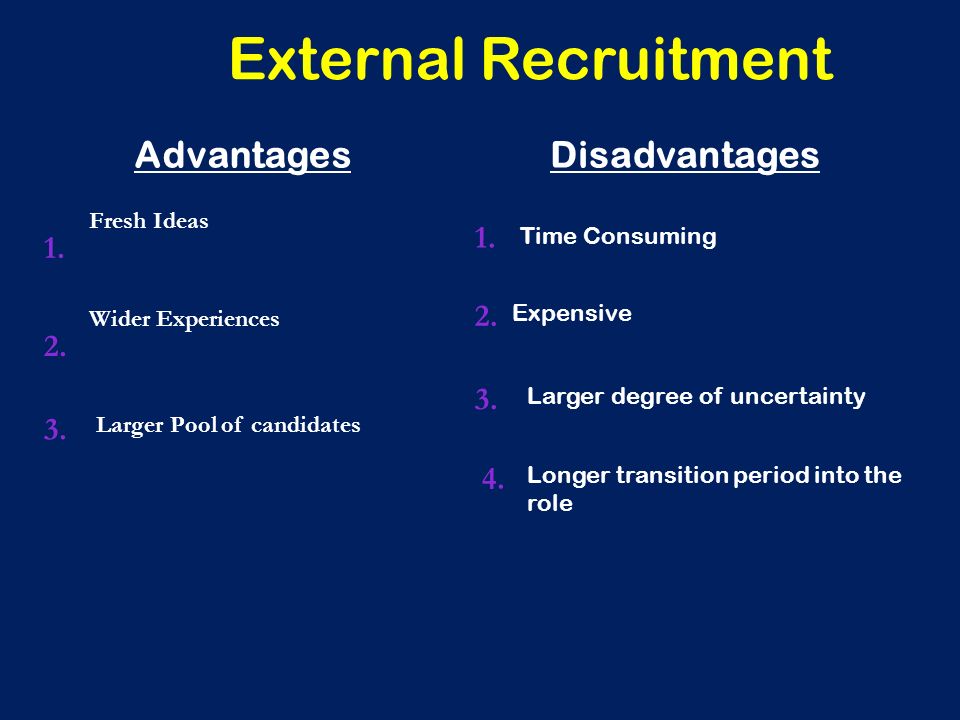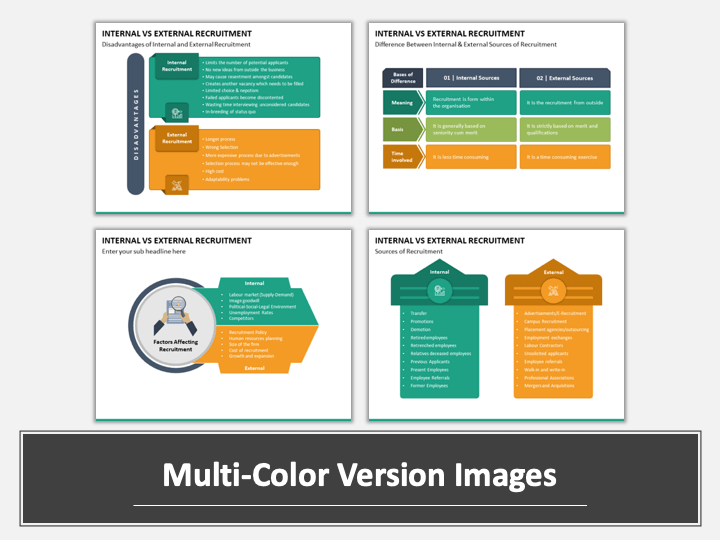External recruitment refers to the process of seeking candidates for job openings from outside the organization. While external recruitment can be an effective way to find qualified candidates, it also has several disadvantages that should be considered.
One of the main disadvantages of external recruitment is the cost. Bringing in external candidates requires additional resources and expenses, such as advertising job openings, paying for travel and accommodation for interviews, and providing training for new hires. This can be particularly burdensome for small businesses or organizations with limited budgets.
Another disadvantage of external recruitment is the time it takes to find and hire the right candidate. The process of advertising, reviewing resumes, and conducting interviews can be lengthy, and there is no guarantee that the selected candidate will be the right fit for the organization. This can lead to frustration and delays in filling critical positions.
External recruitment can also lead to a lack of organizational continuity and culture fit. New hires from outside the organization may not be familiar with the company's culture, values, and policies, which can lead to misunderstandings and conflicts. It may also be difficult for external candidates to fully understand the organization's history, mission, and goals, which can hinder their ability to effectively contribute to the company's success.
In addition, external recruitment can lead to resentment and jealousy among current employees who may feel that they were passed over for promotions or new job opportunities. This can lead to a decrease in morale and productivity, which can ultimately harm the organization.
Overall, while external recruitment can be an effective way to find qualified candidates, it is important for organizations to carefully weigh the costs and potential disadvantages before making the decision to pursue external candidates.








